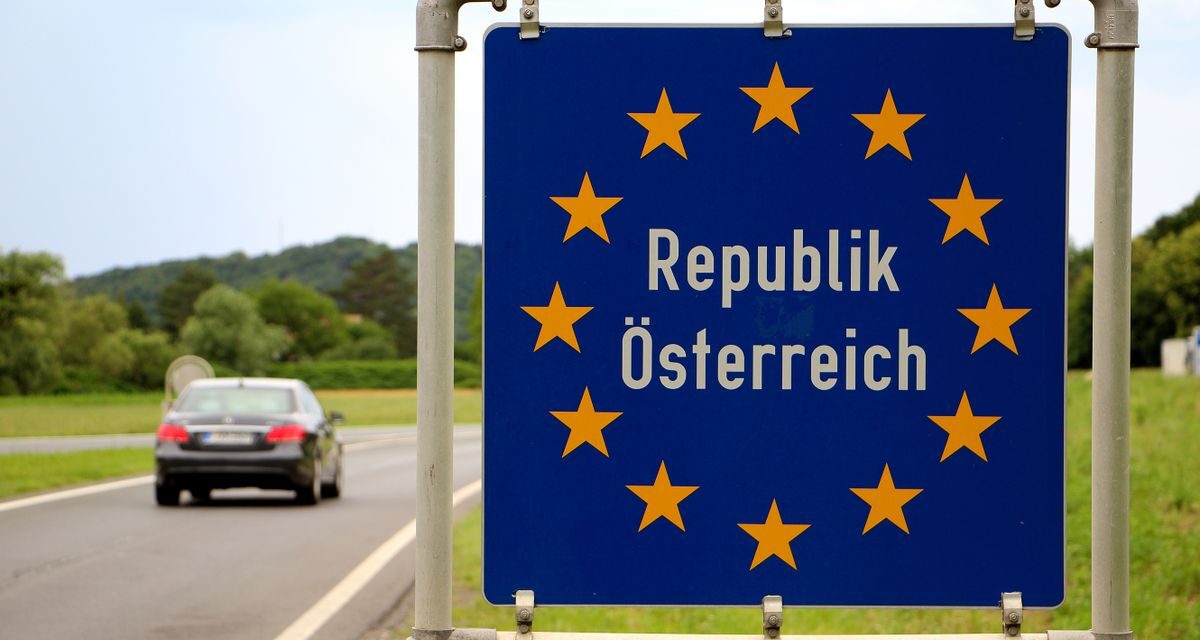Every eighth foreign worker in Austria is a Hungarian citizen.
A city the size of Győr already earns its living from the Austrians. In June, 124,718 Hungarians worked in Austria - this is clear from the latest data published on the Austrian social insurance website. Employment statistics are published monthly by the Austrian organization, the June ones were made public a few weeks ago. The number of domestic workers who appeared on the Austrian market of almost 125,000 people - this is approximately the same as the population of Győr - is surprising in several ways. On the one hand, this means that
Hungary provides the most workers to Austria.
Only the German contingent can be compared to the number of Hungarian workers, but the number of 123,301 employees still lags behind it, if not by much. The fact that 83,701 from Romania, the third-ranked sending country, earn their living in Austria clearly shows how much Hungarian employees have an advantage over their in-laws. But the Hungarian data also stands out because it follows that every eighth of the foreigners working in the Austrian economy has Hungarian citizenship. In June, the statements registered 1,001,121, i.e. slightly more than one million, international workers in Austria, of which the 125,000 Hungarian workers account for almost 13 percent.
The reality confirms the numbers: from Vienna to Tirol, many thousands, even tens of thousands, of Hungarians work, it is easy to run into Hungarian words.
Not even Vienna (21,475 people) is the biggest absorber of the Hungarian workforce, but Niederösterreich (Lower Austria, 22,891 people). But by definition there are also many people in the province of Burgenland, close to the Hungarian border, where 22,712 Hungarians were registered.
The growth trend in the number of Hungarian employees is also surprising. Compared to May, the number of foreigners working in Austria increased by slightly more than 22,000 in June. About five thousand of them are Hungarians.
119,595 people were registered in May, and 124,718 in June. The increase can clearly be attributed to outdoor agricultural work and the start of the summer tourist season. Many expect the trend to continue in July and continue into August. The probability of this scenario is also confirmed by the annual statistics: in 2022, an annual average of 110,975 Hungarians took up work in Austria. There were even more Germans then, 117,786.
VG
Featured image: Shutterstock













